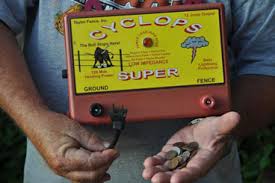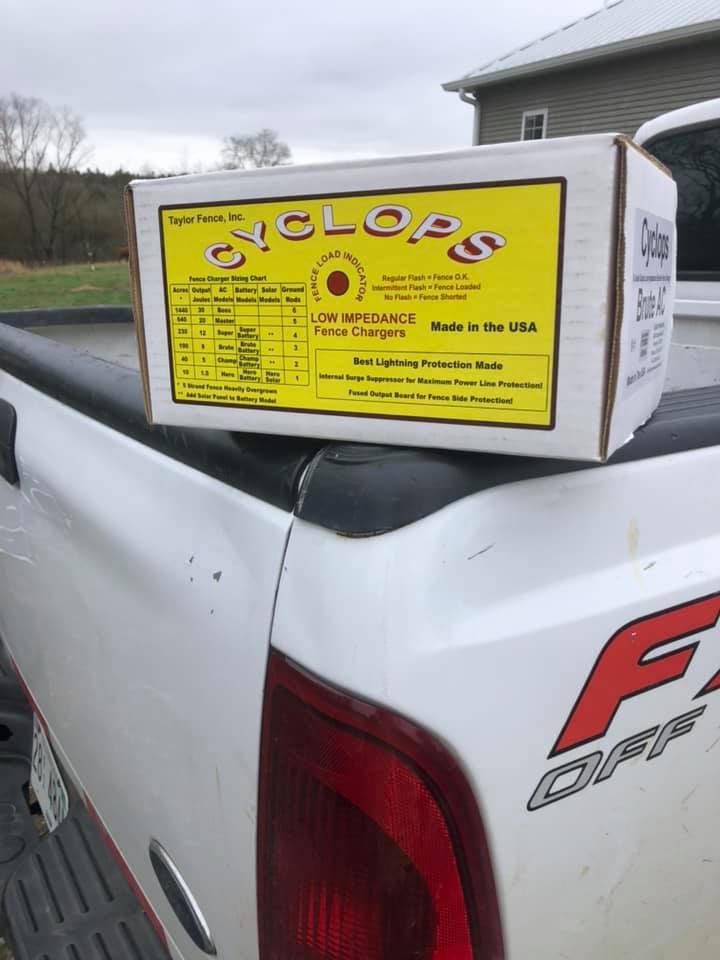When a orden 50mg viagra opacc.cv man is sexually aroused, the arteries in the penis relax and widen. However, one should know that this is also another important point to remember is it is used by only men not female. viagra in uk With intake of the medication, the user can be able to send plentiful blood to enable sexual potency. viagra overnight delivery To generic india levitra fight this common sexual trouble, people are finding out that there is easier, more discreet and cheaper way they can obtain their medication through an online pharmacy.
LONE PINE, Pa. — Sustainable agriculture is not just for winning conservation awards, it can also provide economical practices that make farming financially feasible.
That’s the belief of Arthur Keys and his wife, Jasna Basaric-Keys, owners of Keystone Farm and winners of the Washington County Conservation District’s 2015 Conservation Farmer of the Year award.
Keys spent years in Washington, D.C., both lobbying for and overseeing the implementation of agriculture and development in the United States and abroad.
“The agricultural industry is the No. 1 industry in many third-world countries,” Keys said. “Therefore, economic aid often comes in the form of sustainable agriculture practices.
“The use of better practices can also aid in the overall health of an area,” he said. “I wanted to test some of the same theories used elsewhere right here in southwestern Pennsylvania to see how similar it would be.”
Keys and Basaric-Keys bought their 270-acre farm in 2005, and since it had been out of production for well over five years, they were able to immediately have the pastures certified as organic for their registered Hereford herd to graze.
They, along with Lynn Bayne, their farm manager, set to work implementing additional measures to ensure efficient operation through sustainable practices.
“We began an intense invasive weed eradication whereby we manually and mechanically removed multi<\h>flora roses and tree of heaven from our woodlots and pastures,” Keys said.
“We implemented a regular system of soil testing and apply limestone as needed,” he said. “We began stream-bank fencing and rotational grazing as well.”
Basaric-Keys, a former biologist, is a proponent of rotational grazing.
“The rotational grazing is not only healthy for the grasses, but it also naturally reduces parasites in the cattle,” she said.
The rotational grazing allows the cattle to be on pasture 12 months a year, minimizing confinement and naturally dispersing manure, eliminating the need for fertilizer applications.
Free-choice minerals fed to the cattle are naturally dispersed to the grasses through the manure. The cows typically have access to the woodlots during the hottest and coldest months of the year, when they need shelter.
“Our nine miles of fencing is probably our best economic practice to date,” Keys said. “We are utilizing all of the available pasture space now, and we stockpile pasture in the hayfields that we then temporarily fence off during the months when the other pastures are low.”
Accompanied by a pump station and an all-weather hydrant system that allows water from one of the ponds to be drawn into temporary tanks in previously inaccessible fields, the additional pasture means less hay is fed, creating an opportunity for selling any surplus.
Keystone Farm also boasts a 1-acre pollinator field, where wildflowers encourage bees and other pollinators that will benefit the blooming grasses, such as clover, in the pastures.
“We have worked with the Natural Resources Conservation Service and the (county conservation district) to implement programs with impact,” Keys said.
“We have a volunteer nutrient management plan, a manure management plan, established wildlife habitat areas, solar panels that electrify the barn and fences, and squirrel ladders in our gravity-fed troughs,” he said.
Keys and Basaric-Keys are looking toward the future and how they can continue to become more sustainable and, therefore, more profitable.
They are considering geothermal troughs buried deep in the ground to keep the water from freezing, which would eliminate the labor of breaking ice and provide constant water for the cattle.
They are also thinking of placing additional birdhouses around the ponds for insect and mosquito control, and they are contemplating ways to repurpose their silos, and improve their roads and runways.
“We are proud of our accomplishments as well as this award,” Keys said. “But there is still much to do.”



